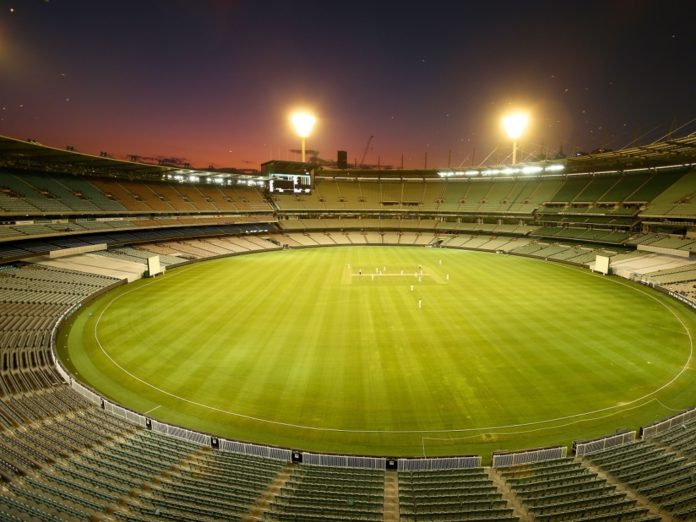This Week Cricket Was Marked By A Powerful Campaign Against Racism:
Two words (actually, one name): Michael Holding. July 8, 2020, marked the resumption of cricket at the time of Covid-19, with the first day of the first test in the West Indies tour of England (when this column appears, we are likely to have a result). In these unusual times, the restart collided head-on with the most common constant of the game during the English summer — the rain. Most of the first day was washed away.
It was not cricket itself, however, but the way the commentators treated prejudice that made this day exceptional. The Black Lives Matter flag waved from the balcony of the West Indies as the team came out for the start. Each player wore a black glove on one hand. Both teams — and the arbiters! — Knelt down on the ground. The Windies players raised their gloved fists in a clear reflection of American sprinters John Carlos and Tommie Smith’s Black Power at the 1968 Olympics.
Then Michael Holding took over in the commentary box. He, along with Ebony Rainford-Brent, the first Black woman to play for England, delivered the most emotional, unflinching, eloquent, and sweeping conversation on racism and why the Black Lives Matter protest is inextricable from the sport.
While the rain-interrupted day went on, Holding and Rainford-Brent, and the production team went deeper and deeper into the matter. Rainford-Brent spoke of the “constant drip-drip” of racism she has faced through her career and pointed out how there are no Black people on the England Cricket Board, and no Black captains in the 18 county teams.
Holding gave a master class about insidiousness and the many facets of racism. It ended with a remarkable monolog that touched everything from the depiction of Jesus as a white, blue-eyed, golden-haired man, despite the fact that he was the Middle East, to school systems, even in Jamaica, that never taught him anything positive about Black people.
“These lights that shine upon us,” he said to his fellow commentators, “you can tell me who invented the light bulb, right? Everyone knows that Thomas Edison has invented the light bulb. Thomas Edison invented a carbon filament the light bulb. In no time at all, it burned out. Can you tell me who invented the filament that makes these lights shine? Nobody understands because he’s a Black guy, so he’s not taught at school. Lewis Howard Latimer has invented a carbon filament to allow lights to continue to shine.
It took me back to perhaps the most remarkable cricket documentary ever made, Fire in Babylon (2011). The film explores the 1976 tour of the West Indies of England, at a time when the Caribbean team was considered inferior in every way.
“I plan to make them grovel,” said South Africa-born English captain Tony Greig before the start of the season. The remark landed in the West Indies dressing room like a rocket. The squad at the time included the pace quartets of Andy Roberts, Joel Garner, Colin Croft, and Holding. Each of them may have a bowl of more than 90 mph. This was their time of reckoning, and their message would be delivered through the game of their former colonizers. The bowlers bowled with such ferocity and became known as the Four Horsemen of the Apocalypse. This is where Viv Richards first met with fiery bat discrimination.
Last Wednesday, Keeping brought back all those memories. This time, his words were the tool. The resumption of several major sporting events has been marked by widespread unity with the Black Lives Matter movement — football players in the English Premier League have taken their knees, the F1 has started their season with their drivers doing the same — but it is cricket that has made the biggest statement yet.
When Carlos and Smith protested, they had been ostracized for decades; some had gone so far as to call them ‘dark-skinned stormtroopers.’ Hardly anything changed more than 50 years later, when Colin Kaepernick took his knee in 2016 and was thrown out of his sport. Finally, change seems to be in the air.


